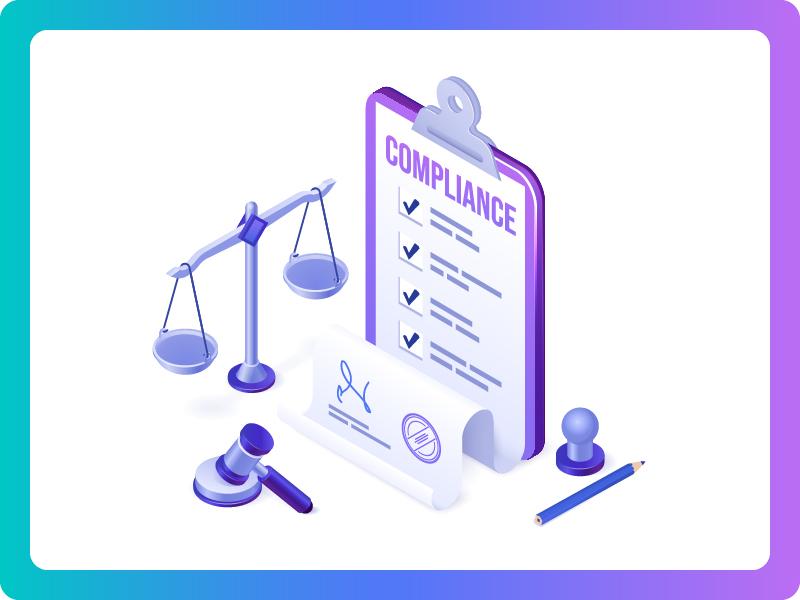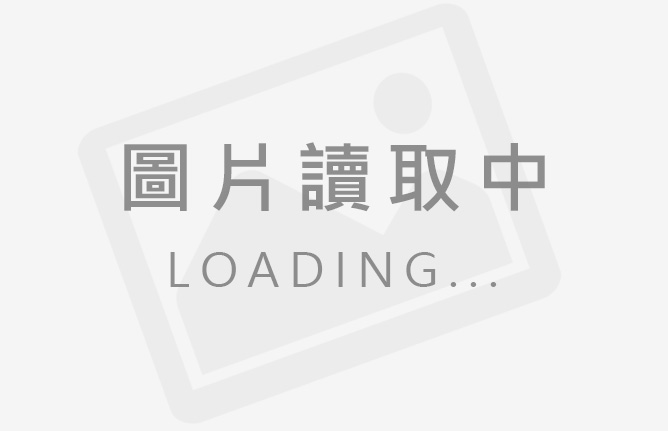
Regulation Amendments for Reporting Serious Adverse Reactions of Medicaments
The regulations for reporting severe adverse reactions of medicaments are established according to Article 45-1 of the Pharmaceutical Affairs Act and have been in effect for 20 years. The Ministry of Health and Welfare now references requirements and standards from the United States, European Union, Japan, and other countries, and aligns with the implementation of the Medical Devices Management Act. As the original regulations in the Pharmaceutical Affairs Act no longer apply to medical devices, the regulations and their title have been revised to 'Regulations for Reporting Severe Adverse Reactions of Medicaments'. These amendments will comprehensively take effect on January 1, 2025. The following are the key points of amendments to the regulations.
| Item number | Main points of original provisions | Amendments | Annotations |
| 1 | Regulations for Reporting Serious Adverse Drug Reactions | Regulation for Reporting Serious Adverse Reactions of Medicaments | Revision: Modified due to the removal in accordance with the Medical Devices Management Act. |
| 2 | Article 2: The term medicaments referred to in this regulation shall refer to the medicaments as defined in Article 4 of this Act. | Deletion | None |
| 3 | The regulation of reporting obligations, subjects, methods, and collections for serious adverse reactions of medicaments. | Article 3: Medical care institutions, pharmacies, and pharmaceutical firms that have obtained a drug manufacturing or importing approval (hereinafter referred to as “pharmaceutical firms”) shall report to the central competent health authority's designated online system by filling out a report form upon becoming aware of a serious adverse reaction to a drug as described in the previous article. Reporting under the previous paragraph may be made orally, by telephone, fax, or email as necessary. However, online reporting must be completed within the time limits specified in Articles 6 or 7. If the central competent health authority deems the report content submitted under the preceding 2 paragraphs unclear or incomplete, it may order the reporter to make corrections within a specified time limit. | Revision: To promptly acquire drug safety information and conduct risk management adjustments, amendments are made to the provisions. Pharmaceutical firms within the reporting scope are those licensed for manufacturing or importation. Reporting is conducted via an online system designated by the central health authority. The previous Article 7, which required initial oral reporting followed by written reporting, is now revised to correct via online reporting within specified deadlines. |
| 4 | Article 4: The reporting form referred to in the previous article may be filled out according to the electronic transmission standardization format of the International Council for Harmonization (ICH). | Addition: To comply with ICH regulations and enhance the practicality and convenience of the online reporting system. | |
| 5 | The regulation of reporting content for serious adverse reactions of medicaments. | Article 5: Content of Reports under Article 3 1. Reporter's name, contact information, and the name and address of their service unit. 2. Occurrence and awareness dates of the serious adverse drug reaction. 3. Source of information about the serious adverse drug reaction. 4. Patient identification code, gender, and age or date of birth. 5. Patient medicament information. 6. Category, symptoms, and related description of the serious adverse drug reaction. | Addition: Referring to the content of ICH E2D, it mandates to report four items: identifiable reporter, non-identifiable patient, adverse reaction symptoms, and suspected medicaments. This facilitates subsequent assessments of the correlation between medicaments and adverse reactions. |
| 6 | The regulation of reporting time for serious adverse reactions of medicaments. | Article 6: Medical institutions and pharmacies shall submit reports under Article 3, Paragraph 1 within the following time limits: 1. Subparagraphs 1 and 2 of Article 2: Within 7 days since the day following awareness. 2. Subparagraphs 3 to 6 of Article 2: Within 30 days since the day following awareness. Medical care institutions and pharmacies may request pharmaceutical firms to provide product-related information for reporting under the preceding paragraph. The pharmaceutical firms shall not evade, obstruct, or refuse to provide such information. | Amendment: The original Article 5, Paragraph 1 and Paragraph 3 have been revised to change the commencement of the reporting period to the following day. |
| 7 | Article 7: Pharmaceutical firms shall complete reports under Paragraph 1 of Article 3 within 15 days from the reporting matter's awareness date. | Amendment: Article 6 has been revised to change the commencement of the reporting period to the following day. | |
| 8 | Pharmaceutical firms receive subsequent reporting regulations on serious adverse reactions of medicaments forwarded by the central competent health authority. | Article 8: The central competent health authority may forward relevant reporting information to pharmaceutical firms upon receiving a serious adverse drug reaction report from medical care institutions and pharmacies. Pharmaceutical firms that receive such forwarding from the central competent health authority and have new, updated, or supplementary reporting information shall comply with the provisions of Paragraphs 1 and 2 of Article 3, and the preceding article regarding reporting. | Addition: The regulations specify that upon receiving a report, the central competent health authority may forward the information to pharmaceutical firms to facilitate their investigation and assessment processes. Pharmaceutical firms are required to report any additional/renewal/supplementary information according to the regulations. |
| 9 | The regulation states that when pharmaceutical firms become aware of serious adverse reactions of medicaments, they should conduct proactive investigation and evaluation. | Article 9: Upon becoming aware of a serious adverse drug reaction, pharmaceutical firms shall proactively investigate and assess the causal relationship associated with the reported information. If pharmaceutical firms discover a serious adverse drug reaction that occurs at an unexpected or higher-than-expected frequency or if it is necessary to add or change contraindications or usage restrictions based on the investigation and assessment results under the preceding paragraph, the matter shall be handled according to Article 6 of the Regulations for the Management of Drug Safety Surveillance. | Addition: In accordance with the central competent health authority's requirements for reporting data completeness and accuracy, pharmaceutical firms are mandated to proactively investigate and evaluate the causal correlation between case reports and adverse reactions. Subsequently, they should proceed in compliance with Article 6 of the Drug Safety Surveillance and Management Regulations. |
| 10 | Medical institutions, pharmacies, and pharmaceutical firms are required to maintain and cooperate with the central competent health authority in providing documentation and data related to the reporting of serious adverse reactions of medicaments. | Article 10: Medical care institutions, pharmacies, and pharmaceutical firms shall retain relevant documents and data related to serious adverse drug reactions for the following periods: 1. Medical care institutions and pharmacies: At least 5 years. 2. Pharmaceutical firms: Until 5 years after the drug manufacturing or importing approval expires. The central competent health authority may request medical care institutions, pharmacies, and pharmaceutical firms to provide the documents and data specified in the preceding paragraph. Medical care institutions, pharmacies, and pharmaceutical firms shall not evade, obstruct, or refuse to provide such information. | Amendment: The original Article 8 has been amended, and in accordance with international health regulatory authorities' guidelines on the retention of documentation related to serious adverse reactions of medicaments, the requirement for retaining relevant documents has been extended to five years. |
| 11 | The severe adverse reactions of medicaments require compliance with relevant laws and regulations regarding the protection of personal data. | Article 11: Medical care institutions, pharmacies, and pharmaceutical firms shall comply with the Personal Data Protection Act and its related regulations when collecting, processing, or utilizing personal data according to the Regulations. | Addition: The relevant reporting and investigations shall be conducted in accordance with the regulations related to personal data protection. |
| 12 | The central competent health authority authorizes to delegate to its subordinate agencies or entrust relevant agencies (institutions), legal entities, or groups to handle the reporting of severe adverse reactions of medicaments. | Article 12: The central competent health authority may delegate the receipt, request for correction, or provision of relevant documents and data specified in the Regulations to its subordinate agencies or entrust relevant agencies (institutions), juridical persons, or groups to handle such matters. | Addition |
| 13 | Date of publication of these regulations | Article 13: These Regulations shall be implemented on January 1, 2025. | Amendment: original Article 9 has been revised, and the effective date of the amended regulations has been updated. |
TALENT has accumulated profound experience in regulatory analysis and execution, dedicated to conducting projects for clients in compliance with domestic and international regulations. Please feel free to contact us anytime for more information.



